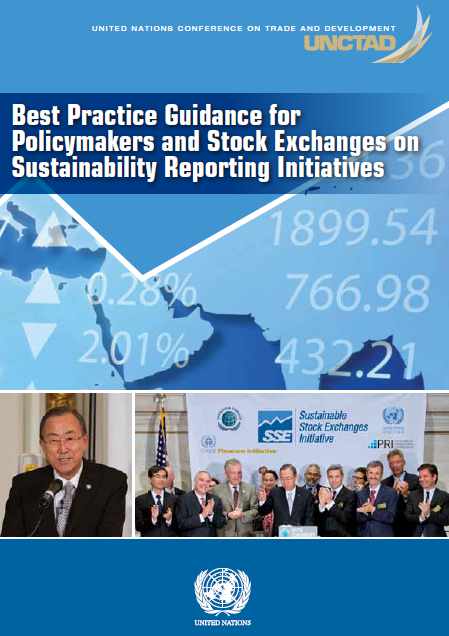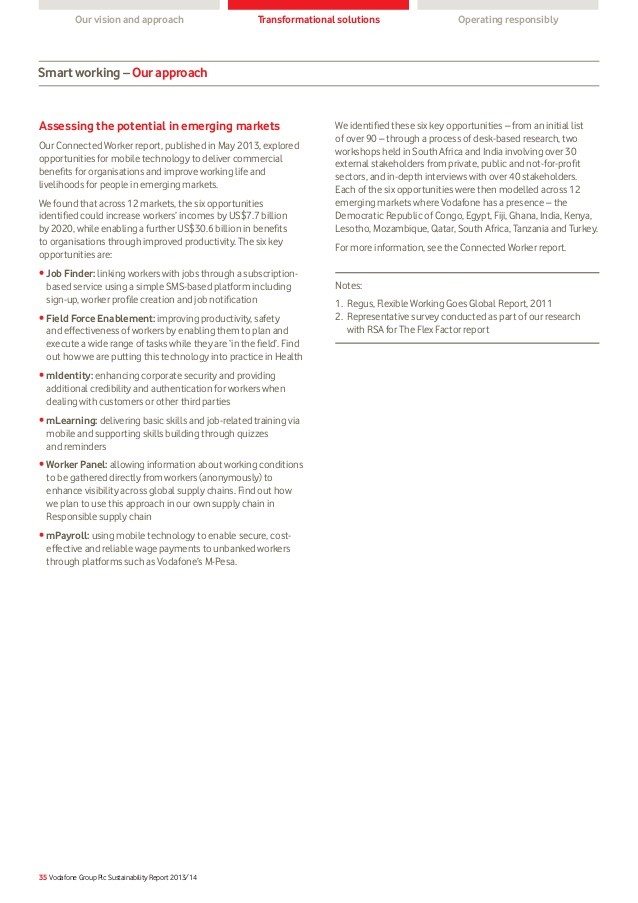Sustainability Reporting in Emerging Markets A Progress Report
Post on: 16 Март, 2015 No Comment

By Marianne Ajayi and Celeste Cole on May 19, 2009 1:04 PM
In March 2009, KLD Consulting sought to identify which emerging-market nations were improving their environmental, social, and governance (ESG) disclosure. Through a review of Global Reporting Initiative (GRI ) data, the lead researchers noted efforts by emerging-market companies to comply with GRIs reporting guidelines.
Brazil, South Korea, South Africa, India, and Chile all made significant progress towards broader, more detailed ESG disclosure.
Nations Vary in Commitment to Reporting
Research-driven investment analysis depends on reliable, comparable data. KLD collects information from thousands of government, NGO and media sources, but corporate disclosure is an important part of a fair assessment.
GRI, a nonprofit network headquartered in Amsterdam, provides universal reporting guidelines to firms worldwide. This uniformity enables direct comparison of companies efforts to protect the environment and better serve their employees, customers, and communities. GRIs 2008 International Survey of Corporate Responsibility Reporting (prepared by KPMG from GRI data) found that nearly 80% of the worlds 250 largest companies issued reports, and three-quarters of them followed GRI guidelines.
Still, in many countries, a majority of companies do not yet report on their ESG performance. In the 2008 GRI Survey. the percentage of the total sample that reported varied from less than 20% in Mexico to more than 90% in Japan.
Some Companies Claim Compliance, but Dont Provide Reports
For its March 2009 survey, KLD Consulting considered GRIs nation-by-nation evaluation of companies reporting. Of those firms who registered with GRI, Brazil had the most whose reports met the GRI standard, followed by South Korea, South Africa, India, and Chile, respectively.
GRI assesses the quality of each companys reporting and assigns a score of A+ through C. The + rating indicates that company scores were verified by objective third-party observers. Undeclared companies told the GRI that theyve published an ESG report, but did not provide reports or disclose the detail level of their reporting.

12% of Brazilian companies earned GRIs A+ rating, and only 10% of companies claiming to report failed to share their work with GRI. By contrast, almost half of Chilean companies were Undeclared.
Compared to Brazil, fewer Indian and South Korean companies reported to GRI, but a higher percentage of them issued complete, detailed reports that fully complied with GRI guidelines. (For comparative tables, please see International Survey of Corporate Responsibility Reporting 2008 .)
The Task Ahead
While the circumstances of each market vary, the global trend for sustainability reporting remains positive. As noted above, 80% of the largest global companies issued sustainability reports in 2008. Three years earlier, the KPMG/GRI Survey said that only half of companies reported. As detailed, compliant reporting becomes the norm for the largest firms, smaller competitors worldwide will have to follow suit.
For more background info on this topic, see this 2008 SIRAN/KLD report:
Sustainability Reporting in Emerging Markets














